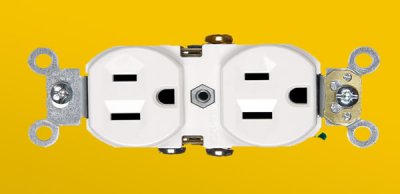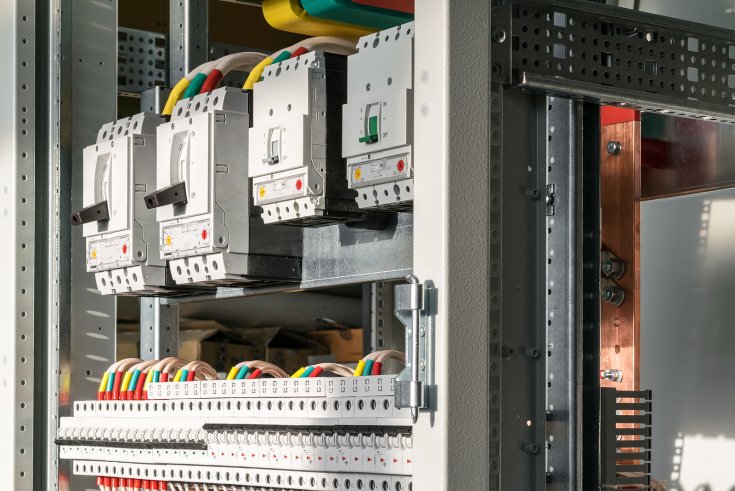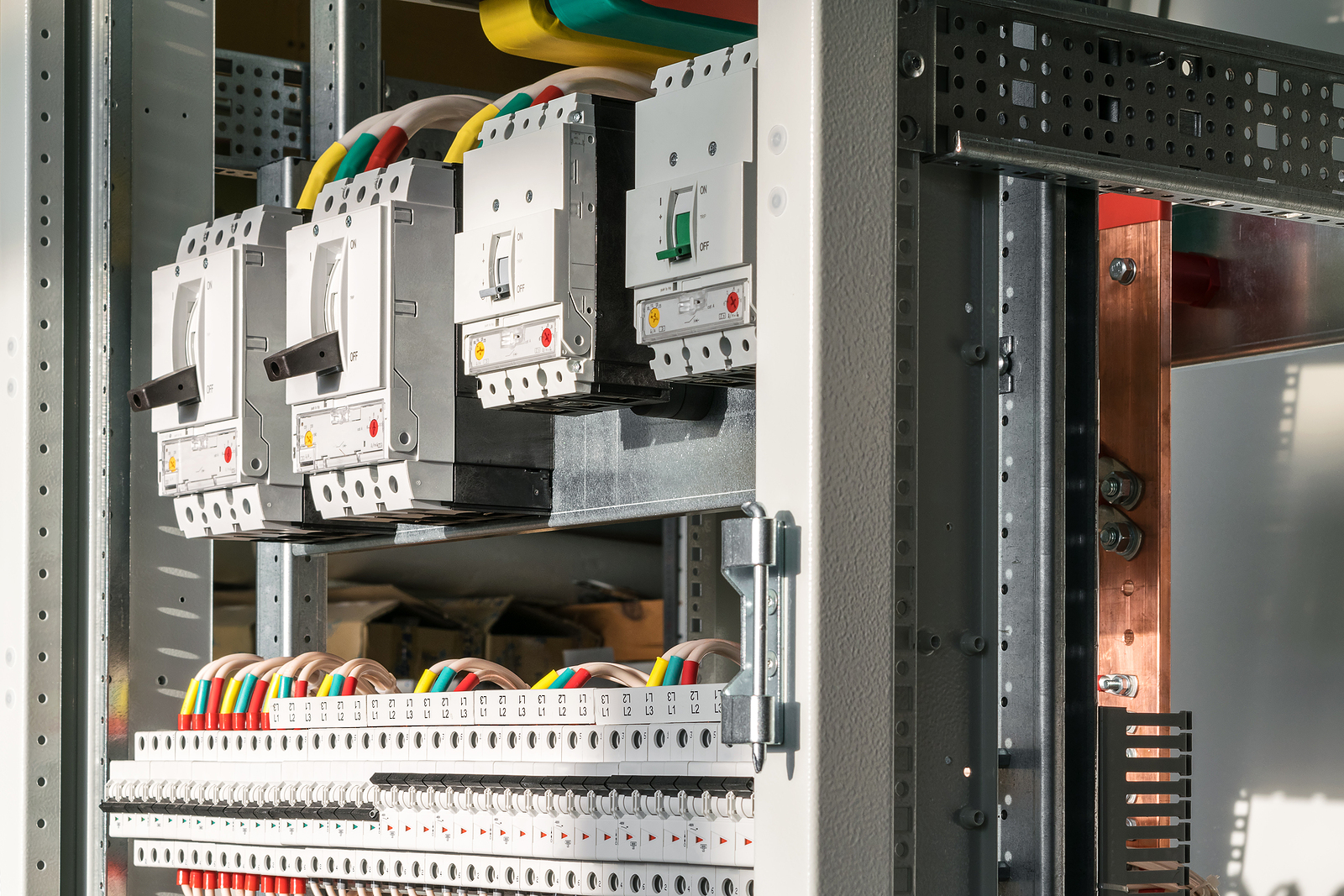Why Do Circuit Breakers Trip?
A circuit breaker is an electrical switch that connects to the circuit board of your house and, when it detects a fault, stops the flow of electricity. Even though a circuit breaker is a safety feature built in to protect you, the constant trip of the switch and reset can be very annoying. There are a few potential causes for your breaker to frequently trip.
How Does a Circuit Breaker Work?
Your electrical power system and any electrical devices you may have connected to it are protected and controlled by an electrical circuit breaker. It is essentially nothing more than a switch that can be operated manually or automatically. When the flow is too strong or there is an excess load of current that the switch cannot handle, the switch kicks in and trips the circuit breaker to cut off the electricity. If you're thinking of having a circuit breaker installation soon, call Mr. Electric so we can send a qualified electrician your way to get the job done.
What Causes a Breaker to Trip?
- Overloaded Circuits – When a lower-rated electric line draws an electrical load that is greater than its intended rating, this results in an overloaded circuit. This is especially true when multiple appliances use the same circuit, causing the line to draw more power to support the operation of connected electrical devices. As a result, the overloaded circuit tends to heat up, causing the breaker to trip when it detects electric loads that are greater than the line's intended capacity. Make sure your home's circuits are appropriate to withstand enough energy you consume throughout the day.
- Short Circuit – Short circuits are a more dangerous and equally common cause of circuit breaker tripping. This occurs when a live wire comes into contact with a neutral one due to a fault in your electrical outlets. It can also occur when a plug or appliance's wiring is defective or has a loose connection. The usual electrical resistance will be overcome, and the circuit will suddenly experience an excessive current flow. Since this generates too much heat for the circuit, the breaker will trip to prevent a fire and turn off the circuit. A short circuit can sometimes be detected by a burning odor or dark discoloration around the breaker.
- Ground Fault Surges – Similar to short circuits, ground fault surges occur when a live wire touches a bare copper ground wire or a portion of a metal outlet box to which the ground wire is connected. The breaker will trip for the same reason once more as a result of this, which will result in an excess flow of electricity. Additionally, there will be discoloration around the outlet.
- Loose Connection – Heat causes a circuit breaker to go off. A thermostat in the breaker is heated by a small heating element. Because heat builds up at the loose connection, a circuit breaker can trip before planned. Small sparks form between the loose connection's surfaces, causing it to become hot. A loose connection is indicated by a circuit breaker panel that is unusually warm.
Not only are these issues annoying, but they can also be risky. If your circuit breakers are tripping frequently, you might put your property in danger unless you call a reliable electrician for help. Never attempt electrical troubleshooting on your own. If your old circuit breaker is ruined or damaged and you need help with a circuit breaker installation, call or schedule an appointment with Mr. Electric.

.jpg)

